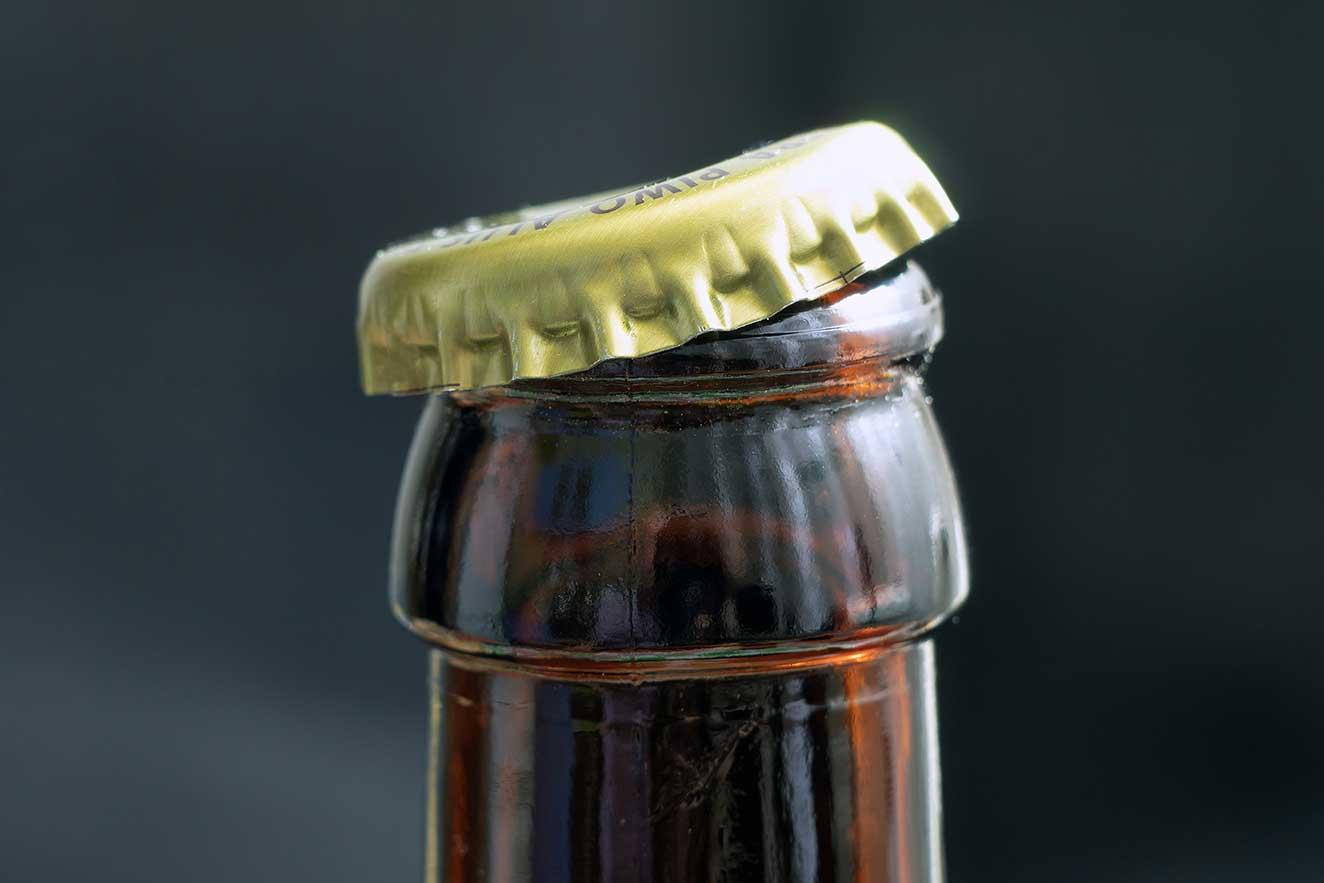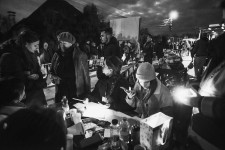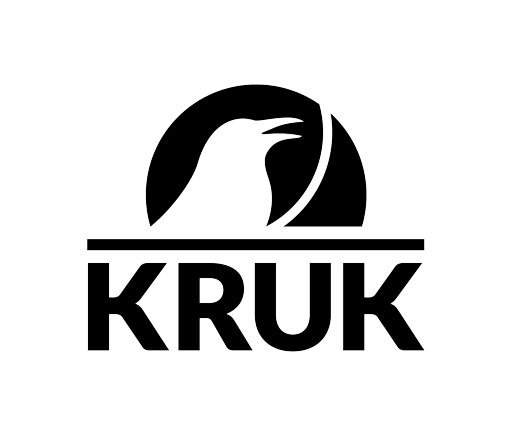Spirits of Moscow
Politicians, Russian officials and businessmen close to those in power have significantly increased alcohol consumption since the beginning of the war. The use of alcohol is a traditional coping mechanism, writes the independent publication Verstka Media in an article published last week. The article explores politicians' drinking habits, the type of alcohol they prefer, the music they listen to when drunk, and Vladimir Putin's opinion on the subject. Former president Dmitry Medvedev's rumoured drinking habits are also mentioned. Alcohol consumption increased so much that "some Western companies which reportedly left the Russian market actually never left," says one expert, citing whisky, rum and brandy producers Ararat Pernod Ricard and Budweiser Budvar beer company. The text also remarks the recent shift towards stronger alcoholic beverages, highlighting the impact of alcoholism on the government's operations and concerns about officials' welfare.
Hate scholars
Moscow State University is involved in fundraising for ultranationalist groups fighting against Ukraine. Members of the Patriotic Students' Association (SPO), the students are backed by the Law Faculty administration and raise money for a team called PTSD Team, which promotes hatred against Ukrainians and actively participates in hostilities in Ukraine. SPO is also supported by several organizations and has a Telegram channel with over 550 subscribers. In a recent article published by Meduza, it is suggested that SPO members are also responsible for displaying Z-symbol flags at Moscow State University. Mass raids linked to "forgeries" about the army and the persecution of an associate professor at the university are also mentioned. There are no reports of sanctions by the university management in connection with these activities, as its administration tolerates the SPO's activity, claims the independent website.
Oligarch money in sight
Funds from frozen Russian oligarchs' assets could be used to rebuild Ukraine, but there are legal and moral challenges, argue delegates at the Ukraine Recovery Conference hosted this week by the British and Ukrainian governments. The bill for Ukraine's reconstruction is around $400bn. Some countries, such as Canada, introduced measures to seize the assets of targeted individuals, but the amounts are quite small. On the other hand, EU proposed legislation to confiscate illicit proceeds, although no such legislation applies to assets frozen under sanctions. There are also proposals to settle with oligarchs by transferring part of their wealth in exchange for lifting sanctions and using the money for Ukraine's recovery. However, the approach raises political issues and could undermine the very concept of sanctions, argues Mario Nizerro, a researcher at the Centre for Financial Crime and Security Studies at the Royal United Services Institute (RUSI), in an editorial published by The Guardian.
American bullets for Russian snipers
An investigation by POLITICO reveals US-made sniper ammunition is finding its way into Russian rifles through Russian firms, which have obtained hundreds of thousands of rounds in the process. The article quotes a Russian soldier, wearing Wagner mercenary army insignia, praising the Orsis T-5000 rifle in a video, noting that it uses Western .338-caliber ammunition that can take out a target up to 1,500 yards away. Violations of Russian sanctions and labelling ammunition as hunting or sporting grade are used to evade sanctions on military grade ammo.
What Prigozhin really wants?
Head of Wagner Group became a publicly recognized figure in Russia and grew quite popular among Russian conservatives. Despite his unattractive appearance and criminal past, Prigozhin is now a prominent figure and has established himself politically among Russians idolising Stalin and seeking to win the war in Ukraine at all costs. Observers quoted by Aljazeera analyzing Wagner's political ambitions, believe Prigozhin's transformation could be part of a Kremlin power transfer plan in case of a crisis. However, the publication argues, he also made enemies within the Russian establishment and may now face a similar fate as other warlords in eastern Ukraine, reportedly killed in suspicious circumstances. Prigozhin's potential political career is therefore uncertain, and he has only two options: obey Putin's decision and merge Wagner group into the conventional state structures or find himself doomed by his many enemies.
The edge of the empire
Support for Putin's war in affected regions of Russia, such as Belgorod, Kursk and Bryansk, is surprisingly high, even though these regions had strong historical and family ties to Ukraine, notes The Moscow Times in a recently published feature. While reports of officials in these regions demanding payments from people during the evacuation process are increasing public anger, support for the authorities remains strong. Such support is driven by psychological factors, effective propaganda, conservative values and the efficiency of local authorities, argue the authors, pointing to the Bolgorod region. Although militarily vulnerable, it receives generous federal subsidies and Governor Vyacheslav Gladkov has a high approval rating and is considered an effective technocrat. But further escalation of the conflict could create new problems, especially in terms of infrastructure and evacuation capacity. Support is therefore quite fragile and is likely to be affected by future developments in the conflict..
Another nuclear arms race?
War in Ukraine had significant consequences for the global nuclear non-proliferation regime. Debates on the value of nuclear weapons from a security perspective flared up again, and the failure to renew or replace the START treaty by suspending Russia's participation raised the stakes for a dangerous new global arms race. This new reality unfolds in a recent editorial published by South China Morning Post (SCMP), a publication based in Hong Kong, exploring recent discussions to host US nuclear weapons in Japan or Poland and calls for development of nuclear weapons in South Korea. The risk of a nuclear catastrophe is growing, argues the scmp.com author, as threats to deploy nuclear weapons become more frequent. In addition, the ongoing escalation of Russian and US operations in Eastern Europe and the deployment of nuclear weapons in Ukraine's NATO allied countries further strains diplomatic relations and has negative implications for the whole world.
Russia must feel defeated
It is important to ensure the cost of Russian aggression is higher than the cost of withdrawing from Ukraine, claims Jonatan Vseviov, Secretary General of the Estonian Foreign Ministry, in a recent interview for El Pais. Vseviov argued that the war will only end when Russia will be forced to reconsider its aggressive stance, adding that Estonia cannot accept any change of borders by military force and that Ukraine's territorial integrity and sovereignty are vital for the overall stability in Europe. Estonia is ready to support Ukraine until it regains its independence, adds Vseviov, who believes sanctions must continue and even be tightened. In his view, this war is vital for both world order and European security and all efforts need to be directed at ending Russian aggression.
How AI is helping Ukraine in the war against Russia
VIDEO. Is this a revolution in modern warfare?

















